Your hair needs moisture to be healthy, just like your skin. Even if it’s not dry, but especially if it is. Lots of things can strip your strands of moisture, including harsh weather and environmental issues, excessively chemical-treating and over-heat styling, harsh hair products, health concerns- even your diet. That’s why it’s important to add moisture back into your hair every chance you get. If you’re dealing with dry hair, it’s important to first understand the cause, and then do your best to correct it. Hydrated hair is happy hair, and we’re here to help. Keep our expert tips in your rotation and use only the highest quality hair care products in your routine, like the ones from Davines. Still have questions about adding moisture back into your strands? Time to book an appointment with one of our stylists for an assessment and custom treatment plan.



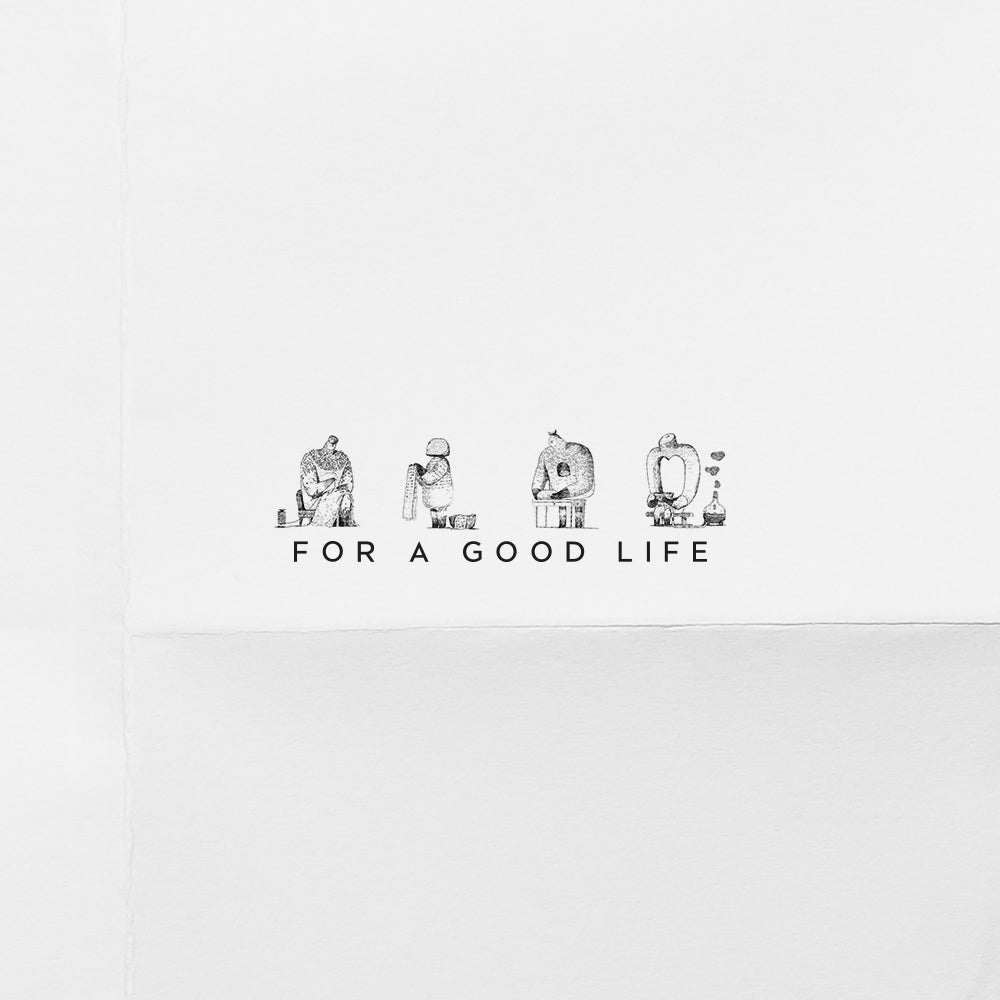
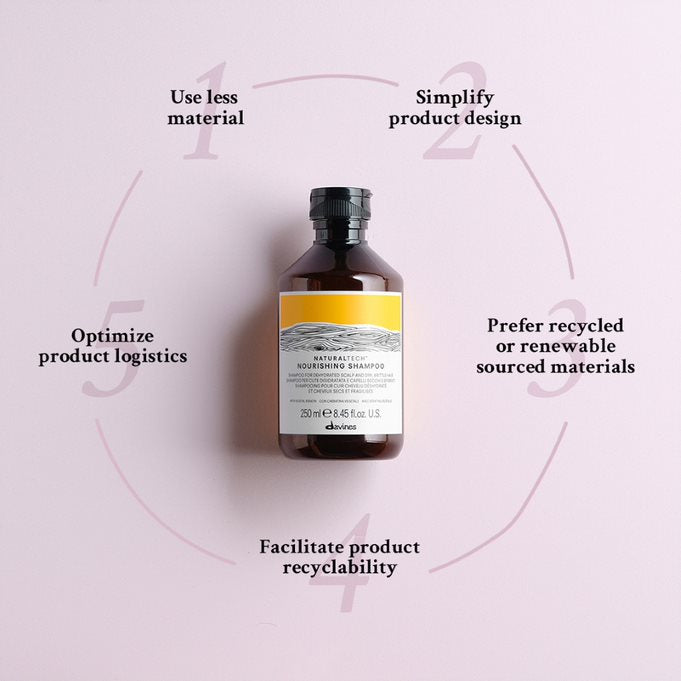
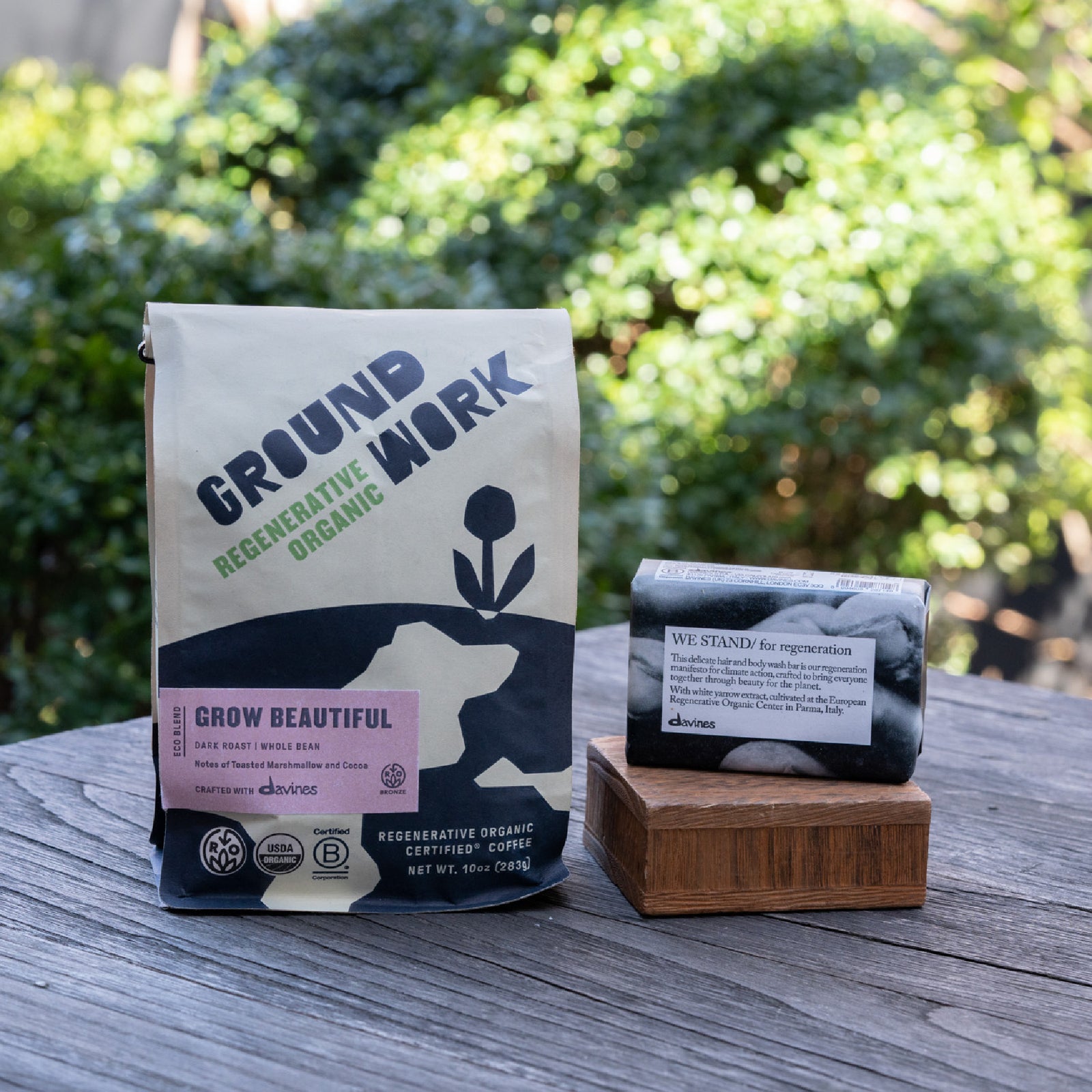
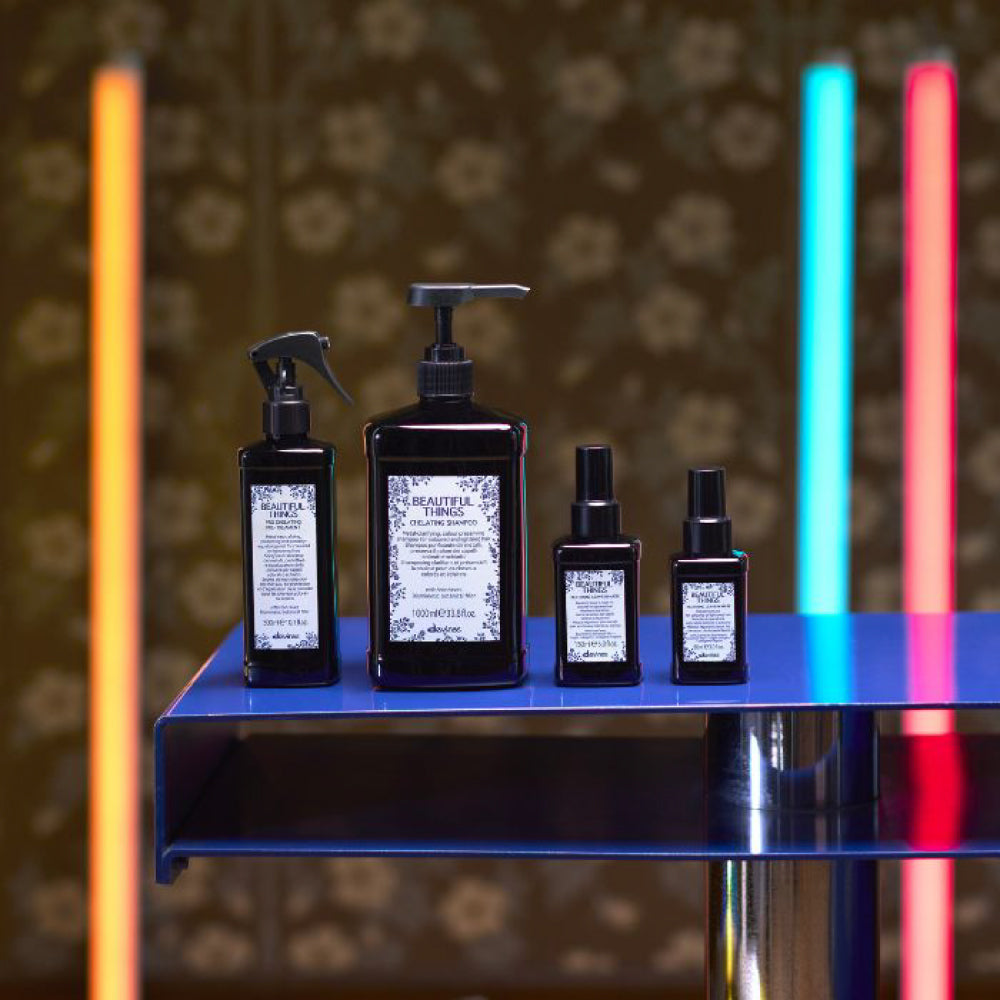

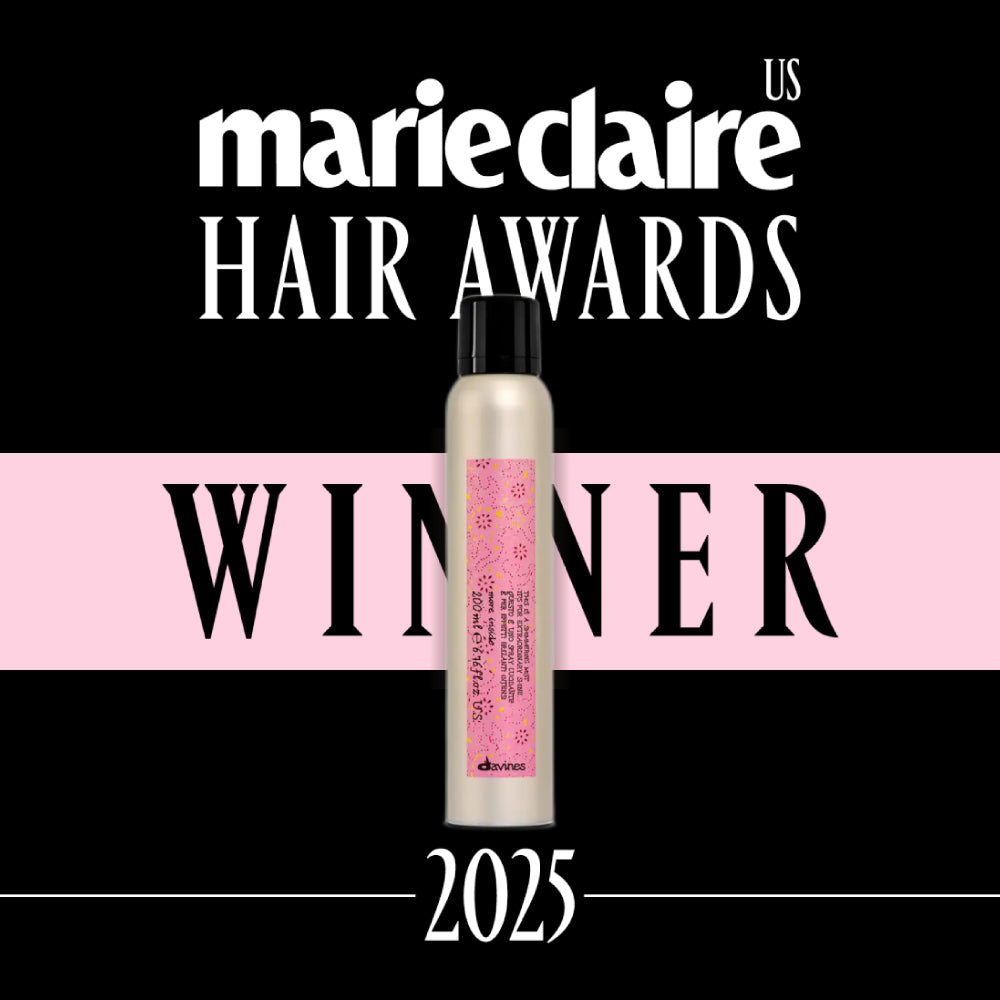
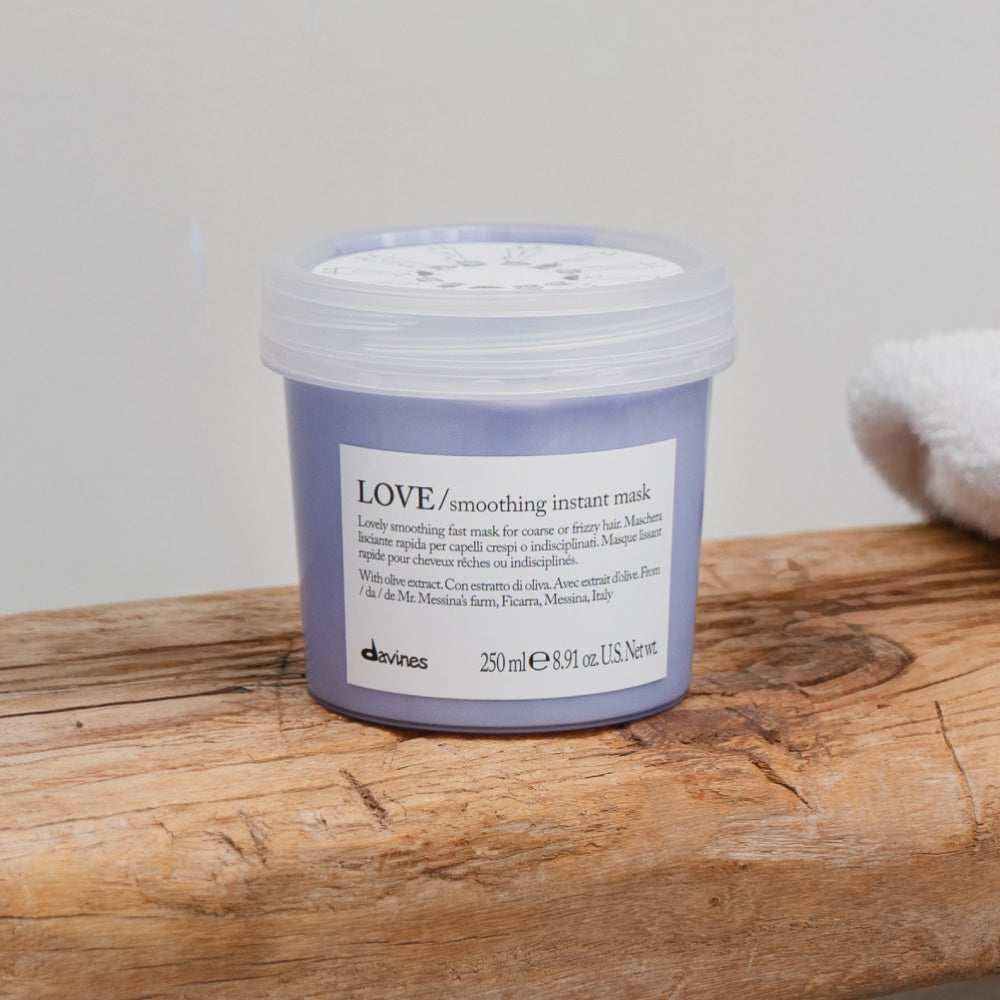
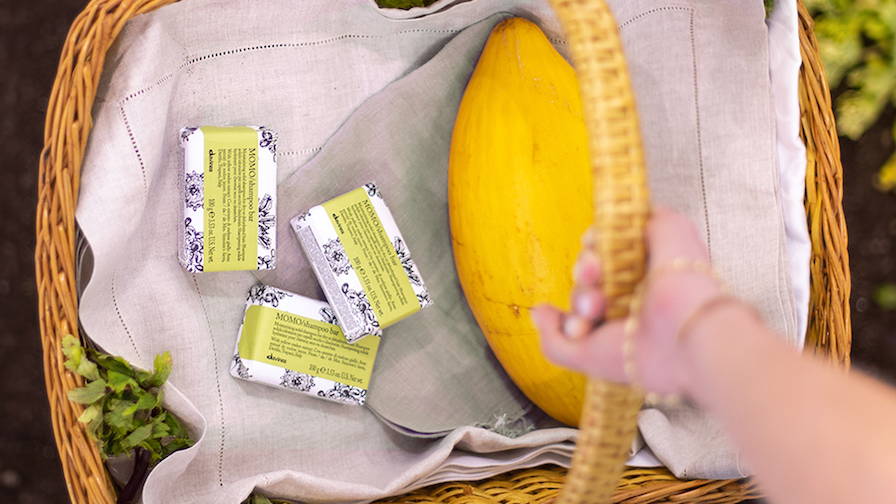
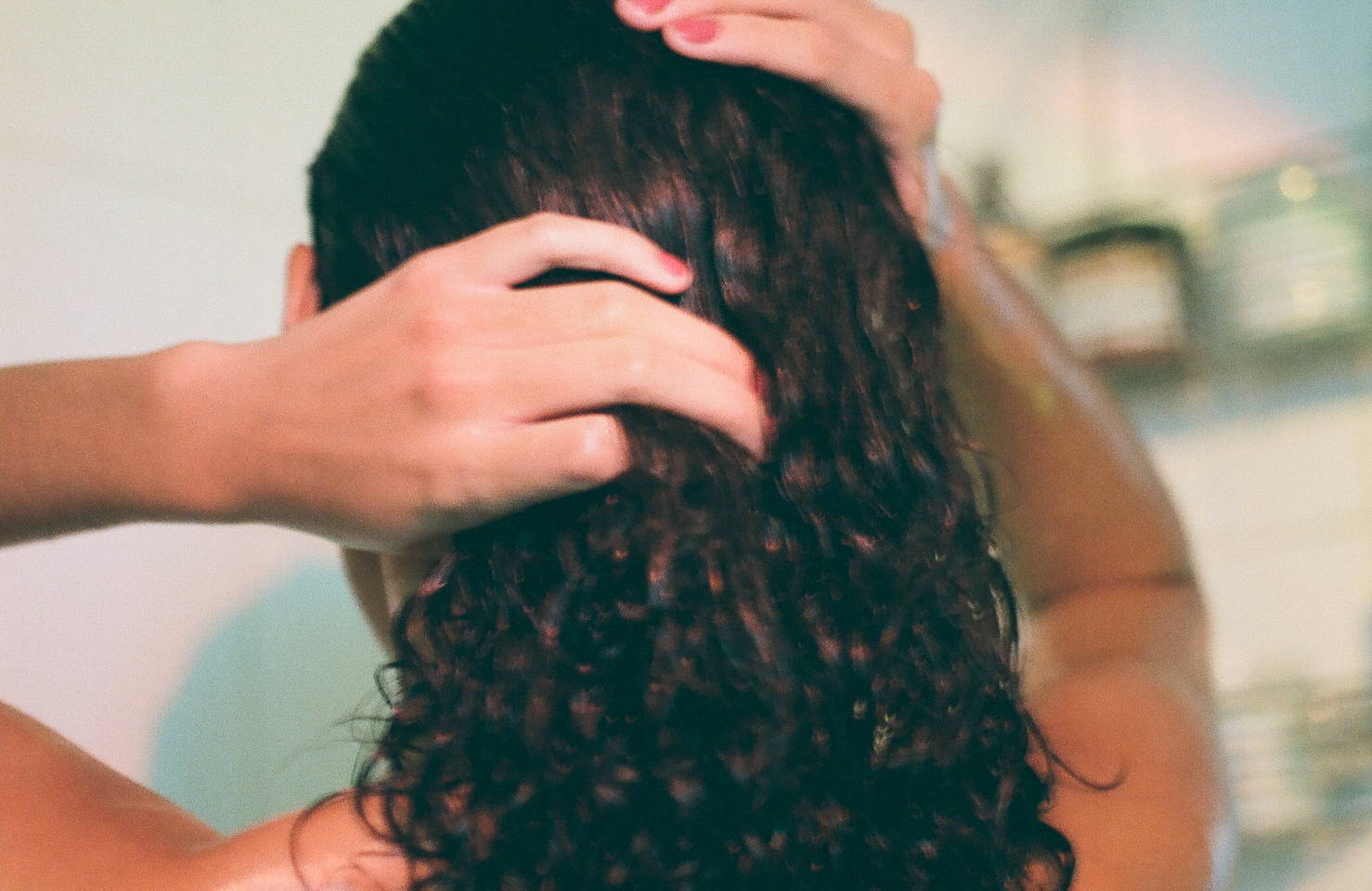



Leave a comment
Comments will be approved before showing up.